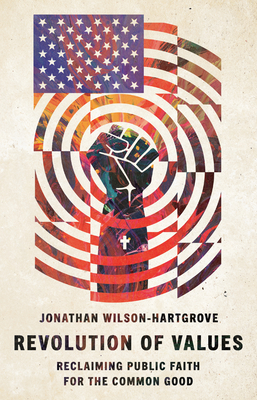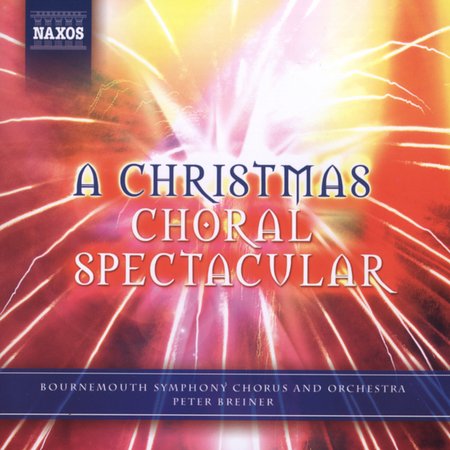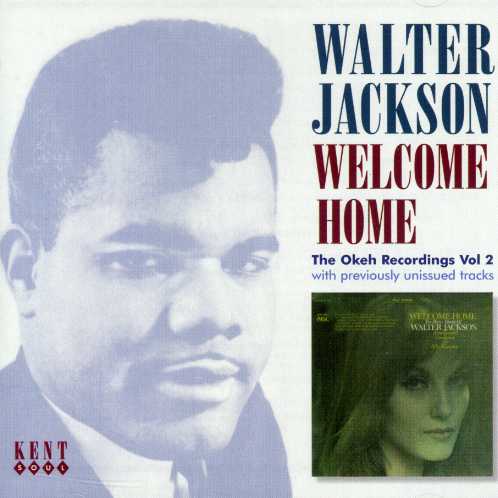
description
5WINNER, 2023 Illinois State Historical Society Certificate of Excellence in "Books, Scholarly"! The path to political power for Latinos in Chicago In the Midwest's largest city, Latinos have been fighting for political representation for more than half a century. In this exploration of urban politics in Chicago, Wilfredo Cruz shows for the first time how Latinos went from being ignored by the Irish-controlled political machine to becoming a respected constituency. Beginning with the Latino community's first attempt to acquire a political voice in Chicago politics in 1911 and continuing through Latino officeholders of the early twenty-first century, Cruz surveys not only the struggles of this community--specifically the two largest Latino groups in the city, Mexicans and Puerto Ricans--but also the ways in which Chicago's Latinos overcame those challenges to gain their political voice. For most of the twentieth century, Chicago politicians ignored the growing Latino community. This disregard changed with the 1983 election of Mayor Harold Washington, an African American who defied the political machine and actively recruited Latinos to his administration and helped them win city and statewide political offices. His actions opened the doors of government for Latinos in Chicago. Subsequent mayors, seeing the political success of Washington's move, continued his policies. Many up-and-coming Latino politicians making strides in Chicago, including state representative Aarón OrtÃz, Alderman Andre Vasquez, and Alderman Rossana RodrÃguez-Sanchez, contribute their takes on the struggle for political power and the challenges facing the rising new generation of elected officials. With this book, Cruz asks and answers this question: What does the future hold for Latinos politically in Chicago?
member goods
No member items were found under this heading.
notems store
Return Policy
All sales are final
Shipping
No special shipping considerations available.
Shipping fees determined at checkout.







